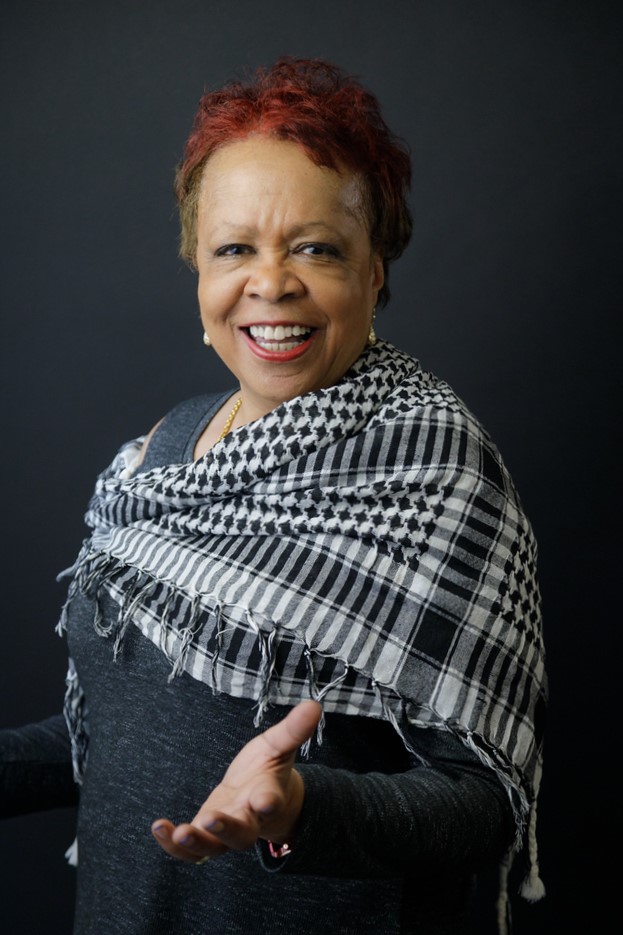
Dr. Karen Gunn is currently the principal of Gunn Consulting Group, located in Santa Monica, California, which provides training, facilitation, research, planning, and development services to private, public, and nonprofit community organizations. She has also been an associate for Executive Diversity Services in Seattle, Washington, for over 30 years. She is an American Psychological Association (APA) doctoral alumna and received her Ph.D. in community and organizational psychology from the University of Michigan in 1979.
Dr. Gunn was initially drawn to the MFP because of the opportunities for networking and education in addition to support through grant funds. She shared, “The APA-MFP program captured my interest because of funding support. Of equal importance was its leadership, goals, and potential opportunities to engage other graduate students and academic trailblazers from communities of color. It offered the opportunity to build an activist philosophy and orientation to my professional work, a relevant platform of knowledge, and a nationwide network of courageous graduate students.”
Dr. Gunn initially envisioned herself using her educational knowledge through work as a community psychologist. She shared, “I saw my career and work as being about building community and individual strengths, reversing the harm of conventional psychology when I applied for the MFP. The focus of my graduate program—Community Psychology—was, by its original design, untraditional and rebellious. It was intentional in questioning prevailing theories, concepts, approaches and in training psychologists for a more radical role and valuing of various communities and populations. My work continues in that vein.”
Participating in the MFP afforded Dr. Gunn opportunities to build and nurture her professional network. She stated, “MFP brought students together at APA events, shared knowledge, and information, connected folks across the country, expanded my network of like-minded professionals. Then, as well as now, I have benefitted in so many ways from inclusion in the program. I can connect with fellow program participants for collaboration. I can refer students, clients, those in need to highly skilled people.”
When reflecting on how she was able to leverage the skills and knowledge acquired in the MFP, Dr. Gunn shared that it provided opportunities for the foundational knowledge that she now applies to her professional work. She explained, “I have applied my skills and knowledge acquired during my time in the MFP to the professional work in which I’m involved. That foundation has been instrumental in crafting and conducting activities that are empowering, validating, and culturally affirmative for programs, services, and research projects, especially in the realm of health, mental health, and wellbeing.”
Dr. Gunn attributes some of her career success to the mentorship provided by the MFP. She stated, “I was mentored by the best—Dr. Dalmas Taylor and then Dr. James Jones—leaders of MFP. In addition, their efforts brought many thought leaders into the MFP fold, which meant I had the chance to interact with incredible leaders and innovators in the field. Their guidance and ideas form the basis for my approach to my own work.”
When asked what career building advice she would offer to the current MFP fellows, Dr. Gunn says, “Know yourself. Know and recognize your history. Identify your like-minded professional connections. Continually grow and curate your professional network. Seek knowledge. Mentor and advise others.”
Reflecting upon the impact of the program, Dr. Gunn shared, “MFP is truly an asset and invaluable resource in the important effort to expand the ranks of students of color, as the current number of students of color in the pipeline and finishing graduate programs is still well below the documented needs in health, mental health, and human services.”